According to the statement, the increase in scrap exports jeopardizes the EU's green transformation goals and undermines strategic autonomy and circular economy objectives,.
EUROFER stated that steel and aluminum, which are key materials for a wide range of clean energy applications such as wind turbines, solar panels, batteries and power grids, are key to the EU's green transformation; They also actively contribute to the EU's strategic autonomy and resilience due to their important role in the digital, aerospace and defense sectors. Increasing aluminum and steel recycling is crucial not only for decarbonizing the value chain, but also for achieving the EU's circular economy objectives. Recycling can save up to 95% and 80% of the energy required for primary aluminum and steel production respectively. Aluminum and ferrous scrap are strategic secondary raw materials for the EU economy and instruments for EU objectives. We believe that the importance of their role can also be highlighted and used in the upcoming Circular Economy Law.”
Europe's scrap capacity is decreasing significantly
EUROFER emphasized that “The volume of scrap that can and should be recycled in Europe is drastically decreasing due to increasing scrap exports. Ferrous scrap exports have more than doubled in the last few years, rising from 9.14 million tons in 2015 to 18.92 million tons in 2023 and reaching a maximum of 19.43 million tons in 2021. European aluminum scrap exports have reached about 1 million tons per year in recent years, peaking at 1.2 million tons in 2023. A new record is expected to be set by the end of 2024, when exports of aluminum scrap are expected to exceed 1.3 million tons. “
EUROFER continued “Keeping the volume of ferrous scrap exported in 2023 within EU borders will contribute to the EU's green transformation and energy security as the first industrial-scale decarbonization projects become operational (by 2026). By doing so, we could save 32 million tCO₂ equivalent and 87 TWh (314 PJ) of primary energy. This is equivalent to 35-40 TWh of electricity, representing around 1.5% of the EU's total electricity consumption in 2023, or more than the total electricity consumption of countries like Denmark or Slovakia. For aluminum scrap, around 75% of this valuable resource is exported to countries such as India, Thailand, Malaysia and China. This is equivalent to 49 TWh of energy exports, the electricity demand of a country like Hungary.”
Third countries one of the main causes of scrap leakage
EUROFER stated that “The main causes of scrap leakage are the high prices paid by recyclers in third countries who value scrap as a vital resource to increase their recycling output while reducing carbon emissions and costs,”.and added “These countries are investing heavily in increasing their recycling capacity, often using money from subsidies, creating additional unfair market competition and overcapacity, to the detriment of Europe's competitiveness. For instance, China's recycling capacity for aluminum has increased from 8 million tons to 21 million tons and is expected to increase further in the coming years. China will increase its ferrous scrap recycling capacity by another 26 million tons by 2030, up from 249 million tons in 2023. Furthermore, recycling capability in these third countries is increasing thanks to lower environmental, safety and labor standards and lower energy costs.
Scrap exports are, in essence, exports of energy and valuable raw materials on a continent hungry for both. In order to tackle this vital challenge, we are calling on the European Commission as follows:
- Take the reciprocal approach proposed in the Draghi report, which includes taking the following measures to limit scrap exports to third countries that have imposed export restrictions on their critical raw materials.
- Benefit from the recently adopted Foreign Subsidies Regulation, in particular its open-ended remedies.
- Take full advantage of existing EU legislation, building on the Waste Shipment Regulation and the Critical Raw Materials Law, to implement a stricter regime for scrap exports and better monitor their flows.
- Moreover, we recommend a rapid revision of the End-of-Life Vehicles Directive to reduce illegal exports of end-of-life vehicles and increase the supply of scrap.
Failure to act will risk our sectors
EUROFER stated that “Scrap leakage creates a missed opportunity for Europe's decarbonization, strategic autonomy and competitiveness objectives. Reversing this trend will also help stimulate investment and recycling in Europe. We call on the Commission to welcome our demands and allow our companies to increase their recycling capacity and production and move forward in their decarbonization efforts. Failure to act will seriously jeopardize our industries and their future in Europe. At a time of rising geopolitical tensions, Europe cannot afford to lose its industrial backbone. We call on the Commission to take immediate action to avoid serious consequences for Europe's competitiveness, resilience and security.”


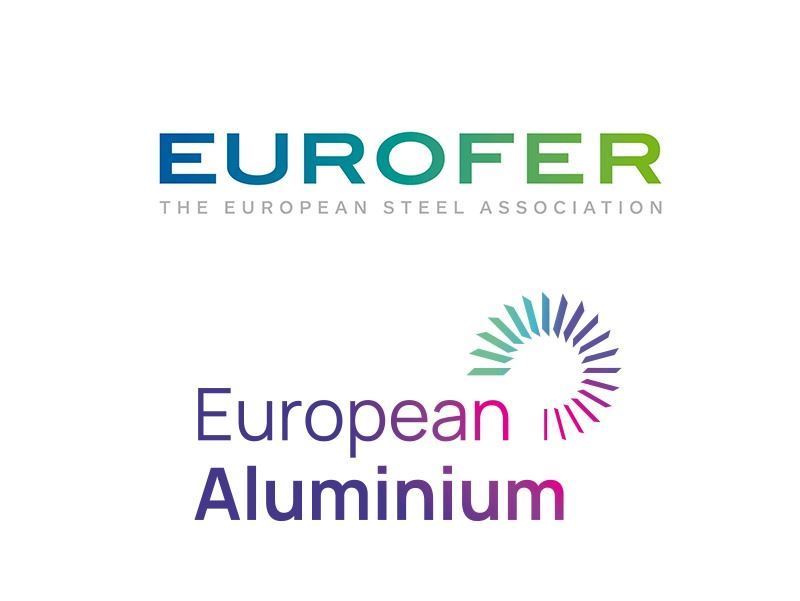

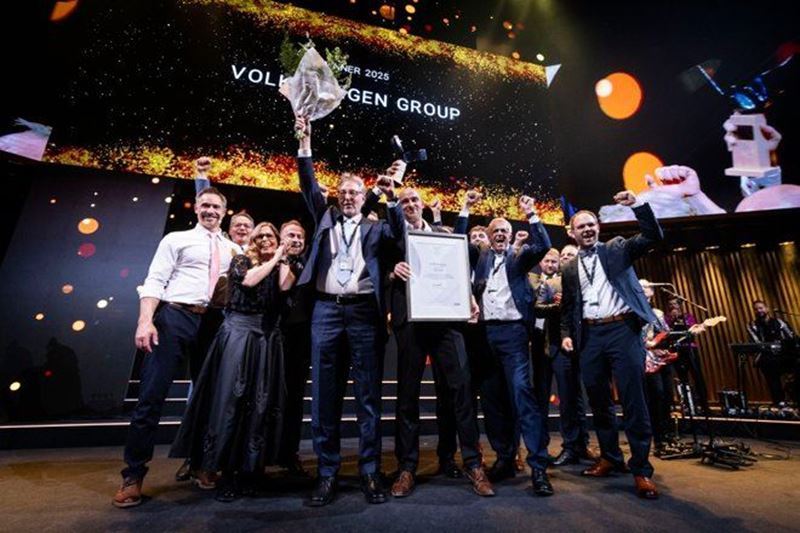
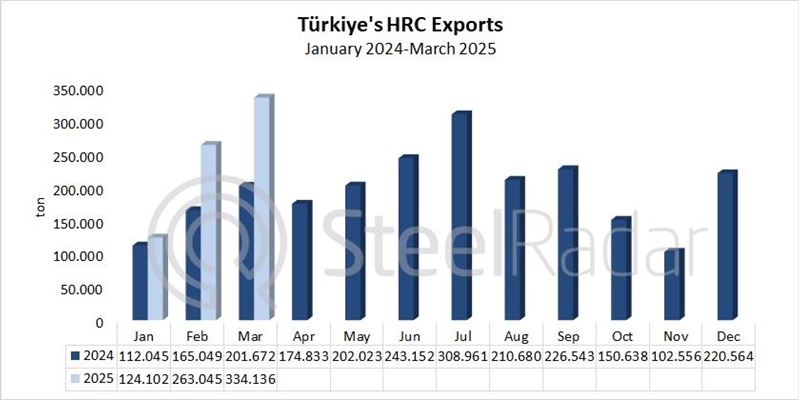
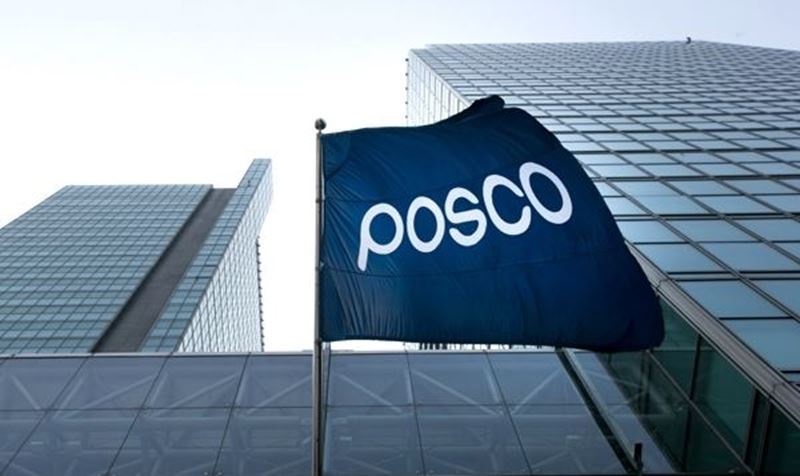
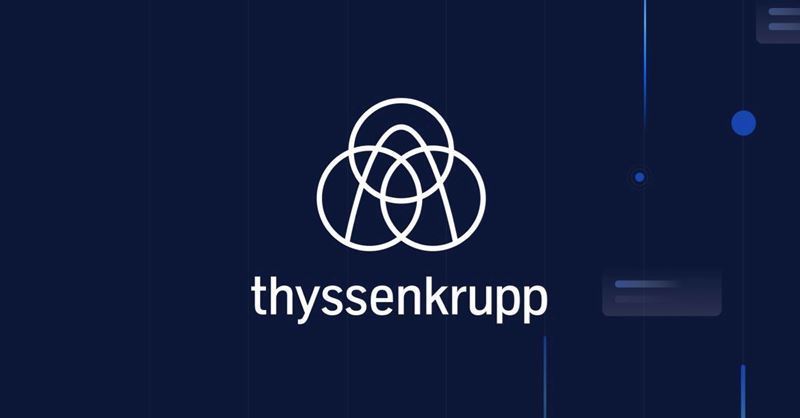
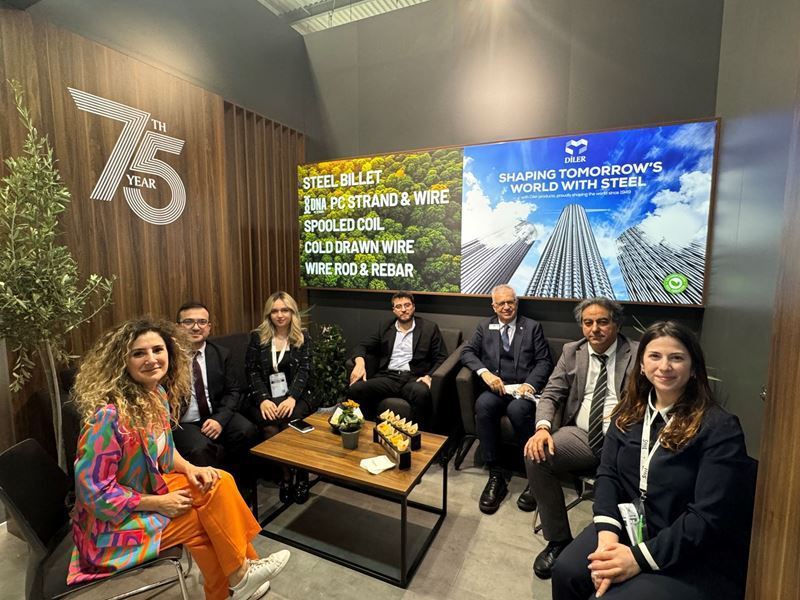


Comments
No comment yet.